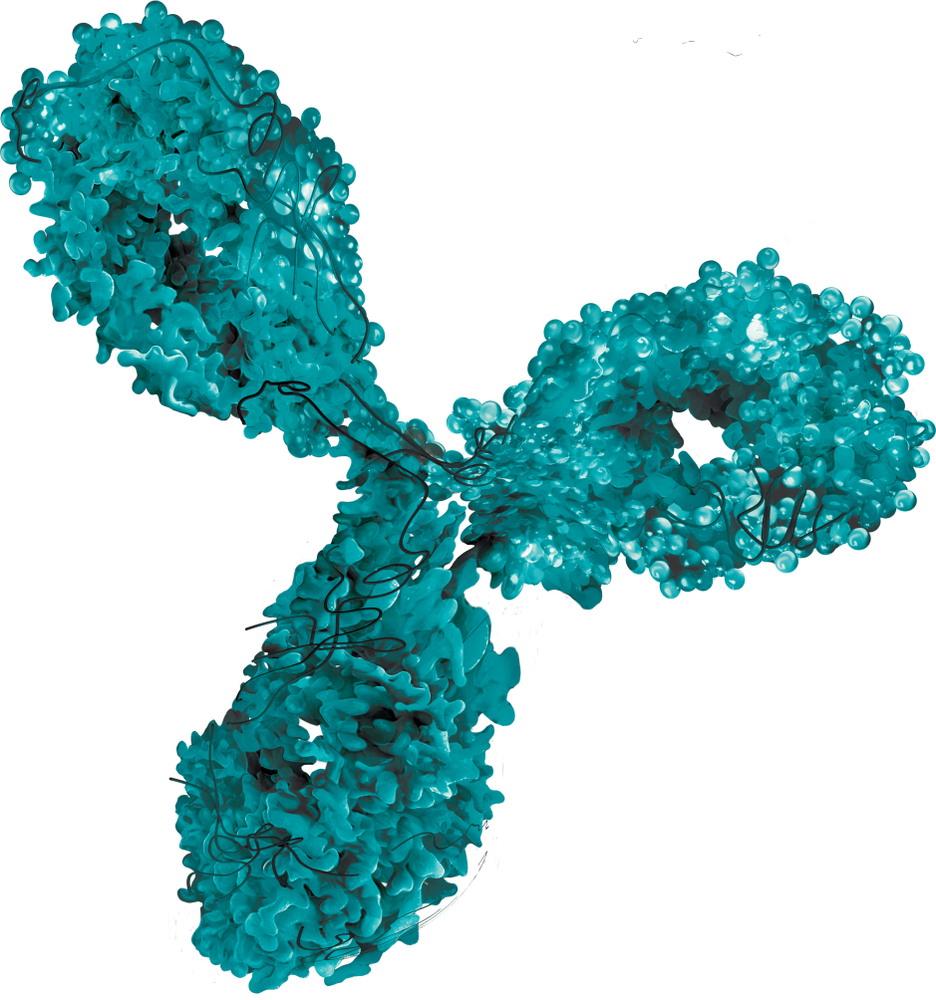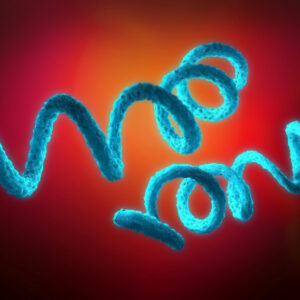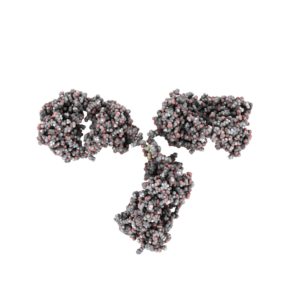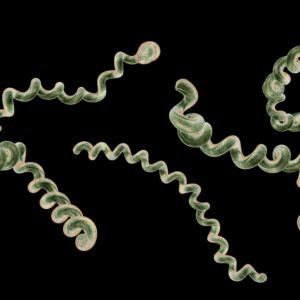GOAT ANTI-BORRELIA SPECIES ANTIBODY
Goat anti-Borrelia species antibody is purified from a pool of serum from goats immunized with different strains of Borrelia and is broadly reactive to Borrelia.
PRODUCT DETAILS – GOAT ANTI-BORRELIA SPECIES ANTIBODY
- Part of the BacTrace® range of antigens and antibodies.
- Affinity purified antibody from pool of Goat serum.
- Goats immunized with different strains of Borrelia.
- Presented lyophilized with no stabilizers or preservatives added.
- This antibody is designed to react broadly with Borrelia.
BACKGROUND
Borrelia species in the species complex known to cause Lyme disease are collectively called Borrelia burgdorferi sensu lato (s.l.) and includes the single species in that complex Borrelia burgdorferi sensu stricto which is responsible for all cases of Lyme disease in North America. In nature, spirochetes are maintained in a transmission cycle between hard ticks of the Ixodes species and a reservoir of small to medium sized vertebrate, and in some cases birds. In humans, infection occurs through the bite of a tick infected with the spirochete. Infection with B. burgdorferi in humans can cause the condition known as Lymes disease or Lyme borreliosis. Five Borrelia species have been reported to infect humans including B. burgdorferi sensu stricto in North America and Europe, B. garinii, B. bavariensis, B. afzelii in Europe and Asia, and B. spielmanii in Europe. B. afzelii and B. garinii account for most cases of Lymes disease in Europe (Wang, G), which are transmitted by the hard tick Ixodes Ricinus and maintained in small vertebrates and birds.
In humans, the most common clinical manifestation of infection is a large red rash, referred to as erythema migrans, which can vary in size and appearance. Additional symptoms include fever, chills, headache, fatigue, joint pains and swollen lymph nodes. However, in some severe cases, the infection may spread to joints, nervous system or heart and clinical symptoms including neck stiffness, arthritis, facial palsy, heart palpitations, nerve pain, numbness and memory loss may develop (CDC). Erythema migrans generally resolves without treatment. However, patients with Lyme disease are often treated with antibiotics to prevent dissemination and potential development of more severe clinical symptoms. Currently, no licensed vaccine to prevent Borrelia burgdorferi infection is available.
REFERENCES
- Wang G, Liveris D, Mukherjee P, Jungnick S, Margos G, Schwartz I. 2014. Molecular Typing of Borrelia burgdorferi. Curr Protoc Microbiol. Aug 1;34:12C.5.1-31
- Centers for Disease Control and Prevention: Lyme Disease.




